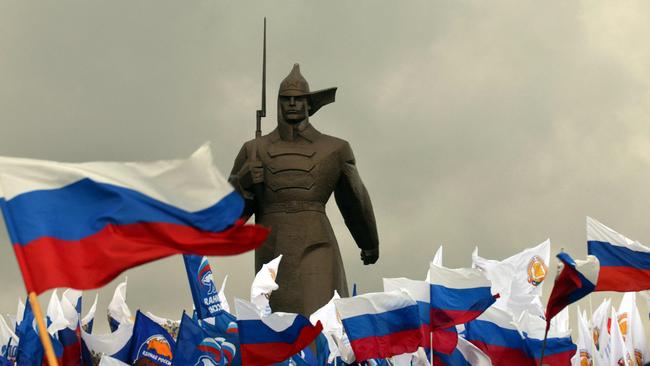
Russia’s repeated attacks on its neighbours were not, he contends, unprovoked acts of aggression; they were an understandable “reaction to NATO’s open-door policy”. And the right response is not to help Russia’s targets defend themselves: it is to grant Putin his way.
Making sense of Switzer’s account, which entirely ignores the region’s history, is challenging. In effect, Russia’s violations of its neighbours’ sovereignty began long before NATO showed any sign of expanding. As early as August 1992, when ethnic violence exploded in Georgia’s provinces of Abkhazia and South Ossetia, Boris Yeltsin dispatched Russian “volunteers”, who, along with Russian-armed secessionists, unleashed mass killings aimed at “cleansing” the region of ethnic Georgians.
With the administration of George HW Bush showing no interest in ensuring Georgia’s territorial integrity, Russia’s ability to establish separatist enclaves in Abkhazia and South Ossetia set a pattern that was soon repeated in Moldova, Armenia and Azerbaijan.
Meanwhile, the Yeltsin government’s foreign policy review declared that the states which emerged from the Soviet Union’s collapse formed a zone of Russian “special interests”. Russia’s “vital concerns” in those states, it said, should be pursued by “all legitimate means”, including “divide-and-influence policies” that undermined their relatively weak governments and anchored them to Russia’s emerging kleptocracy.
Those developments made it clear to Poland and the Baltic states that their position was precarious. Given decades of accumulated hostility, passively submitting to renewed Russian domination was plainly unacceptable. The remaining options were stark: they could either greatly expand their military capabilities, which would have strained fragile economies and increased the risk of dangerous clashes; or they could seek the credible protection of an alliance – as they all did.
That option, far from inciting conflict, stabilised a volatile situation. The NATO accession process helped avoid a military build-up in Eastern Europe; it gave the new members the time to consolidate democratic institutions, including through sweeping, NATO-assisted, reforms of Soviet-era armed forces; and it provided crucial security assurances to Finland, which was itself undergoing a difficult transition after the USSR’s collapse.
The stabilising effect of what Switzer calls “NATO’s open-door policy” is readily evidenced: the Alliance’s security guarantees completely deterred Russian incursions into the new members’ territory. In contrast, it was where and when NATO’s door was slammed shut that those incursions proliferated.
Critical in that respect was NATO’s disastrous Bucharest summit in April 2008. With Russia’s threats to Georgia escalating, the summit was expected to define a timeline for Georgia and Ukraine’s accession. Instead, Angela Merkel, whose sole concern was to protect Germany’s increasingly lucrative trade with Russia, vetoed any outcome that went beyond stating that NATO membership was in those countries’ long-term “vocation”.
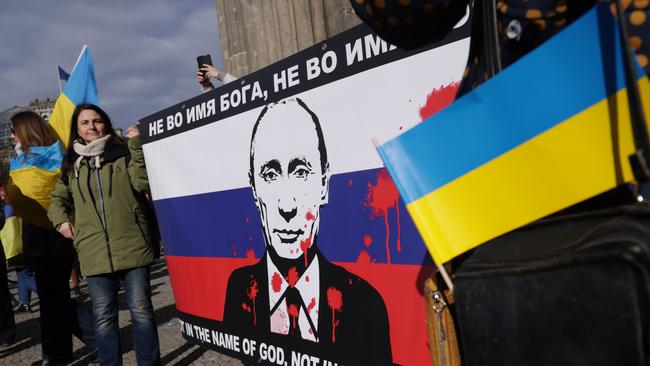
The consequences didn’t take long to eventuate. Within 24 hours of the communique’s publication, Putin declared that Crimea was naturally Russian; and shortly after that, Russia’s attacks on Georgia became an all-out invasion.
The lame-duck administration of George W. Bush, which was struggling with the “forever” wars, effectively washed its hands of the situation, forcing Georgia into a settlement hastily brokered by France’s president, Nicolas Sarkozy. Extraordinarily poorly designed, the agreement was supposed to result in the complete withdrawal of Russian “peacekeepers”. As it turned out, the peacekeepers were actually piece-keepers, whose role was to convert the separatist enclaves into permanent Russian outposts.
From then on, Western weakness invariably served as a prelude to further Russian aggression. It is no coincidence the invasion of Crimea occurred shortly after Barack Obama’s dismal failure to enforce the “red line” he had set down in Syria. And if Putin held any fears that aggression would lead to a strong Western reaction, Obama’s declaration that Russia’s control over Crimea was a “fait accompli”, along with Merkel’s decision to press ahead with the Nord Stream 2 gas pipeline, put them firmly to rest.
“Germans should not freeze because of Ukraine,” said Merkel – nor did the downing of MH17 and the intensifying conflict in the Donbas change her mind or convince the Europeans to honour the ambitious defence spending pledges they had made at NATO’s 2014 summit.
But all of those capitulations paled compared to the US’s humiliating withdrawal from Afghanistan. Watching the world’s pre-eminent power scurrying from the scene like a wounded dog, and confident the Europeans were too frightened, and too dependent on Russian gas, to react, Putin reiterated what he had said in 2002: that his prime objective was to recreate “Velikaya Rossiya” – the tsarist-era term for “Great Russia”.
At that moment, Ukraine’s fate was sealed. Switzer, pointing to the fact that only 190,000 Russian troops were deployed in the 2022 invasion, claims Putin’s war aims were limited. The reality is that Putin – like Stalin in the Winter and Continuation wars against Finland – had greatly underestimated Ukraine’s willingness and ability to resist.
But with Western public opinion showing growing signs of war-weariness, how much longer Ukraine can hold out is now uncertain. And uncertain too is where Putin, who is actively attacking Western interests worldwide, will strike next.
What is certain is that since the invasion there has been an avalanche of mea culpas – ranging from Henry Kissinger to Germany’s President, Frank-Walter Steinmeier – about the West’s failure to confront Russia earlier and decisively, including by expanding NATO to Ukraine and Georgia.
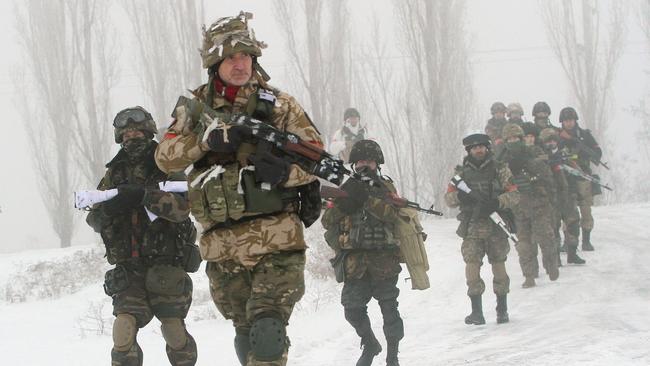
The glaring exception is Merkel. Far from expressing any regrets, she has, somewhat bizarrely, compared herself to Neville Chamberlain, saying that her repeated concessions to Putin bought the West “breathing space” in which to prepare for the worst. Having left Germany’s armed forces in a shambles, her attempted self-exculpation is laughable. But the comparison to Chamberlain is not.
After all, much as Merkel and Switzer with Putin, Chamberlain thought Hitler had legitimate grievances about Germany’s “natural” sphere of influence, which the UK should “admit and satisfy through rational negotiation and compromise”. And, much like Merkel and Switzer, he believed, against all the evidence, that giving ground would satiate the aggressor’s appetite and was, in any event, preferable to war, in which there “are no winners but all are losers”.
That was the dream; but as the fear of war dug the grave of peace, it turned into a nightmare. Then, as now, the free world had not done too much too soon, provoking aggression; rather, lacking resolve, and desperately hoping for a quiet life, it had done too little too late, allowing its enemies to gather strength.
That was the mistake we made in dealing with Russia. Repeating it, be it with Putin, Xi Jinping or Hamas, would not just be an error. It would be a tragedy.


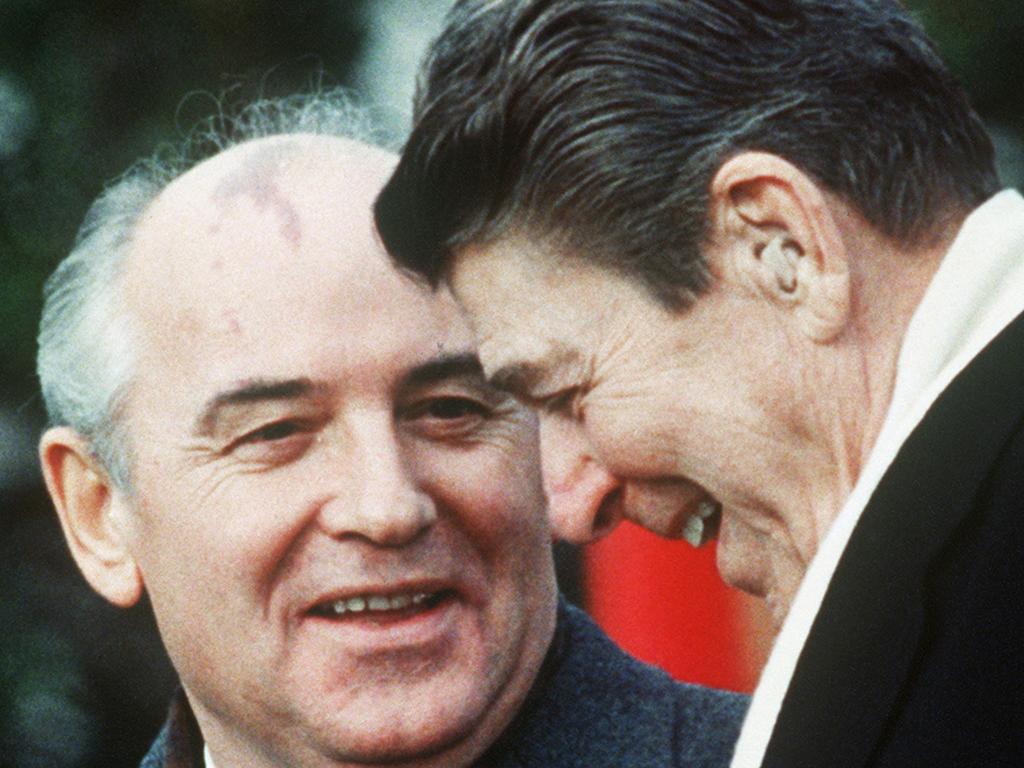

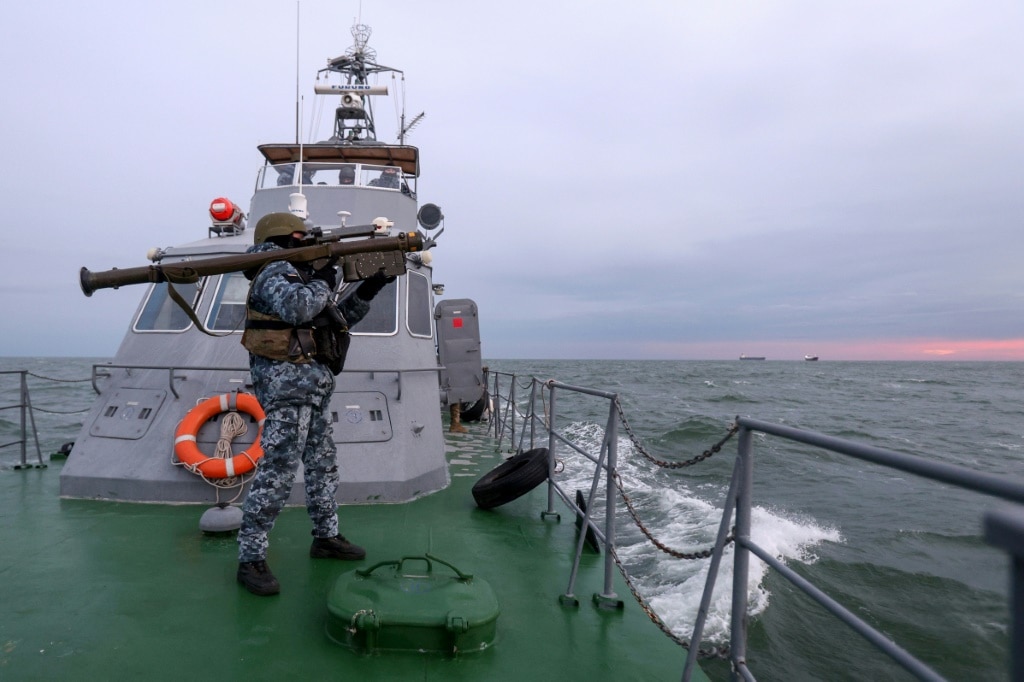
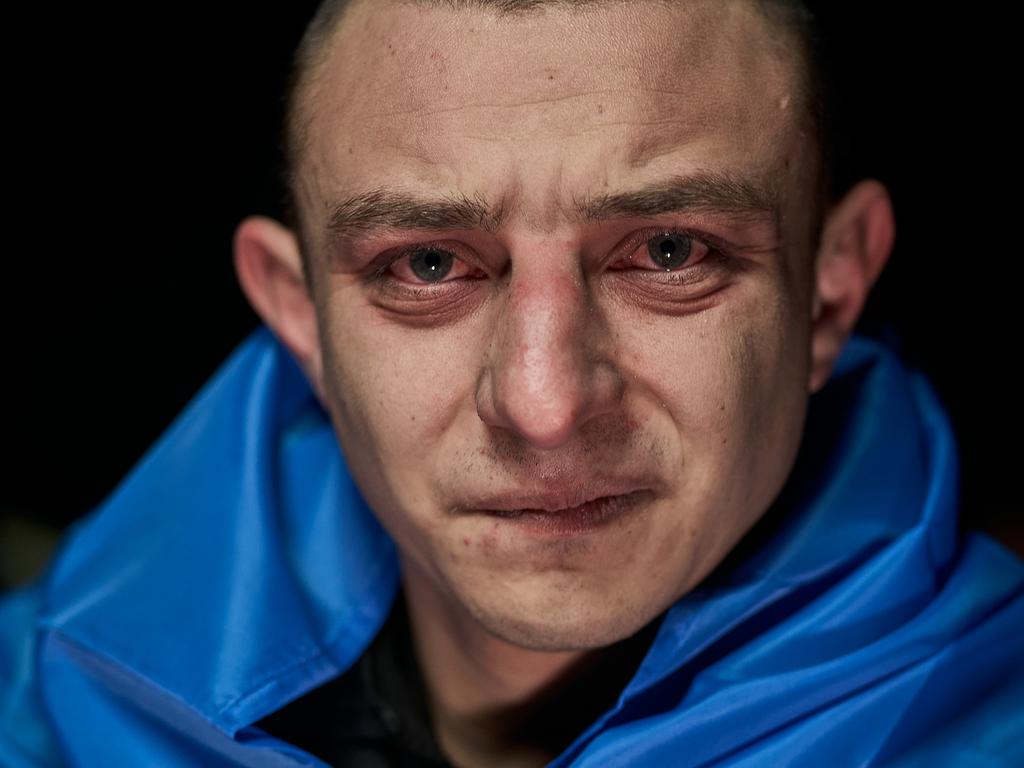

Nowadays, being in the West means always having to say you’re sorry – even, it seems, to Vladimir Putin. That’s because Putin, like just about everyone else, is a victim: or so claims Tom Switzer, writing last weekend on these pages.